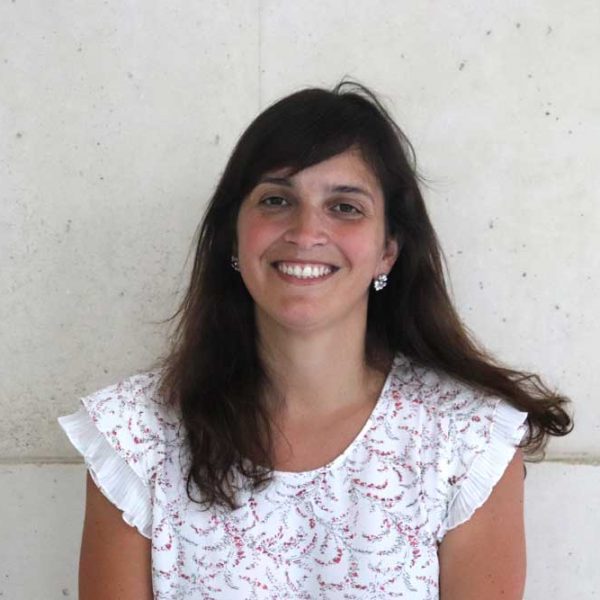
Andreia Barateiro
Researcher
- Email:
- apb@ff.ulisboa.pt
- Phone Number:
- (+351) 217946400 (Ext. 14527)
- Researcher ID:
- I-5746-2014
- ORCID ID:
- 0000-0002-0378-4854
- CienciaVitae ID:
- F01C-E625-FA82
Short bio & current area(s) of interest
Andreia graduated in Applied Biochemistry, New University of Lisbon in 2005. In 2008, she finished her master’s degree in Biotechnology, New University of Lisbon. Early on, she moved into the field of neurosciences, particularly interested in oligodendrocyte development/myelination. During her PhD, she demonstrated the deleterious effects of unconjugated bilirubin in oligodendrocyte viability, maturation and myelination. After, her interest moved to the field of multiple sclerosis, a demyelinating disease. In 2013 she started a fellowship to understand the role of S100B in oligodendrocyte development and myelination. Later, she was awarded a DuPré grant, to travel to VU University Medical Center, Amsterdam, The Netherlands, to characterize multiple sclerosis brain lesions. In 2014, she started a postdoc at Research Institute for Medicines, University of Lisbon, focusing on the role of S100B in multiple sclerosis, particularly on oligodendrocyte development, myelination/remyelination deficits, glial activation and immune response. In 2019, she started a position as Researcher in the Faculty of Pharmacy, University of Lisbon to continue this project. Her current research focuses on the role of S100B in multiple sclerosis pathogenesis, exploring if it can be used as a biomarker of onset and progression of this disease, and as a potential therapeutic target to reduce damage and/or improve recovery during the disease course.
BSc (2005) in Applied Chemistry, NOVA University of Lisbon, Caparica, Portugal
MSc (2008) in Biotechnology, NOVA University of Lisbon, Caparica, Portugal
PhD (2012) in Pharmacy, Faculty of Pharmacy, University of Lisbon, Lisbon, Portugal
Postdoctoral Researcher, iMed.ULisboa, Faculty of Pharmacy, University of Lisbon, Lisbon, Portugal

